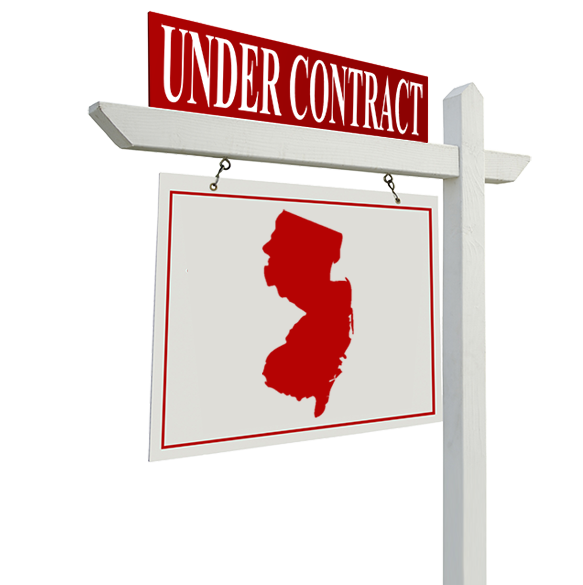Every day I receive calls from potential clients interested in buying or selling NJ Short Sales. From speaking with the clients and their agents I know that there is a great deal of confusion as to how the transactions progress, and I’ve seen many short sale transactions mishandled and fail. In short, getting a short sale Contract is easy…. getting it to close is not.
Below is a brief outline of the steps in how to get a NJ Short Sale transaction to close.
#1. Buyer makes the offer. Just like any other transaction, the buyer writes an offer with his or her agent. Hopefully, the listing agent added “subject to third party approval” in the listing and the buyer knows that the transaction is a short sale. Also, the buyer’s agent should have advised the buyer as to the risks and difficulties involved in buying a short sale. The deal has a much better chance of making it to closing if the buyer has realistic expectations about the time it may take to gain lender approval and also about the “as-is” nature of the sale.
#2. The offer is presented to seller. This is the first step where I see a lot of confusion. Although the deal is a short sale, the home is still owned by the seller, not the bank. The seller can accept or reject the buyer’s offer or can counter-offer. The decision is not (yet) up to the bank. Once the terms are agreed upon, the seller signs and there is a Contract.
#3. The contract goes through Attorney Review. As this point the contract is still treated like any other residential real estate purchase. The contract enters Attorney Review and is not binding on either party until Attorney Review is concluded. The seller’s attorney should reiterate in Attorney Review that the transaction is contingent upon the approval of the seller’s lender. The attorney should also state that the seller will not be responsible for any repairs, for the Certificate of Occupancy, or for any other aspect of the transaction. The buyer’s attorney should add a “kick out” clause allowing the buyer to walk away if the seller’s lender has not responded to the offer within a reasonable amount of time.
#4. The contract is presented to the seller’s lender. Although the contract is now final between the buyer and seller, the transaction will not close unless the seller’s lender agrees to accept less than full payoff of the loan to release their lien on the property. In deciding whether to accept the amount offerred, the lender will look at the value of the home as well as the seller’s ability to make payments on the mortgage debt. Specifically, the lender will request a full package of documents including the Contract, a Comparative Market Analysis, a copy of the listing agreement, a draft closing settlement statement, and seller financial statements including copies of paystubs, bank statements and tax returns.
#5. Waiting and Negotiating. As you probably already know, waiting for the lender to approve the deal is the most frustrating part of the whole transaction. The lender may respond in two days, two weeks, two months, or never. If the contract submission package to the lender is missing a single document, the lender may refuse to even consider the offer.
All negotiating with the lender is conducted by the seller’s agent and/or the seller’s attorney. Very often, the key to success with the seller’s lender is persistence. The lender’s loss mitigation department is inundated with files, so getting your file in for consideration requires constant followup. In my office, we have one paralegal whose job is to followup with short sale lenders daily.
#6. Getting to Closing. Once the lender accepts the Contract, the deal can move towards closing. The lenders usually give a very short amount of time to close, often just 10 or 14 days from acceptance. It is very important that the parties are prepared to meet the deadlines imposed by the lender. The buyer should be ready to close, with the appraisal, inspections, title searches all performed in advance of lender acceptance. Too many buyers wait for lender approval to do these things and this jeopardizes the deal since the lender’s deadline will be missed.
The close ratio for short sales is well below that of traditional transactions. However, with the right team of experienced short sale experts (agent/attorney) the chances of your NJ short sale making it through to closing are greatly improved. Getting lender approval is essential, but it is only part of the entire process. The right team of professionals will get the deal closed.

